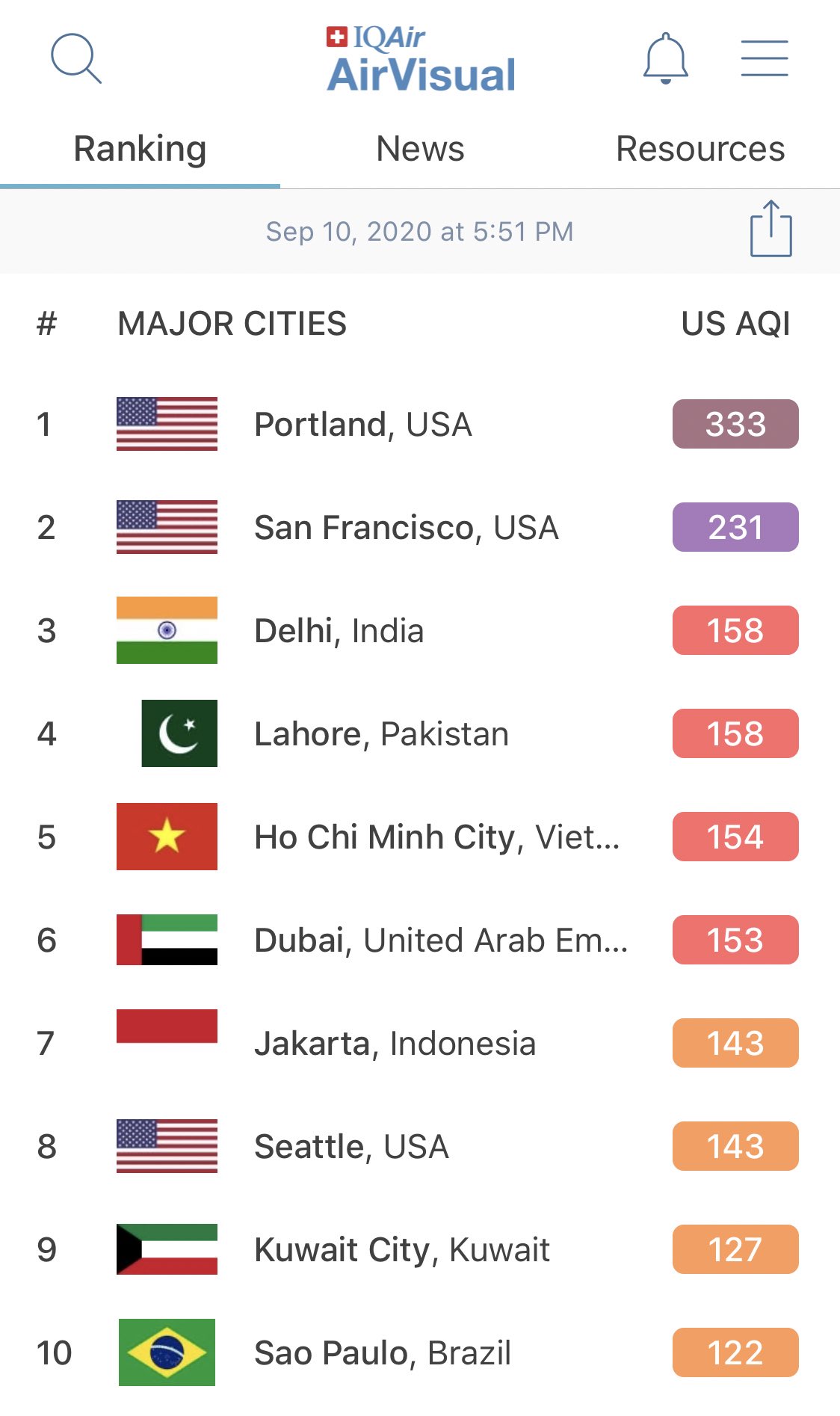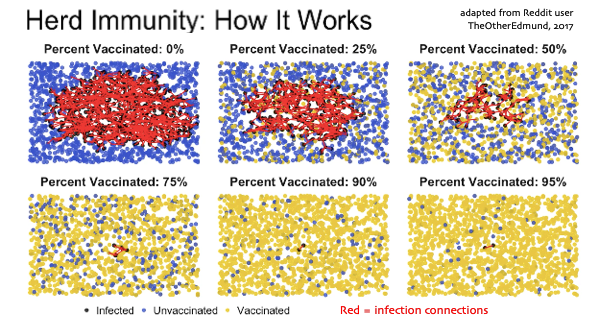A new study warns the virus is ‘a life-threatening disease in people of all ages.’
China-India border dispute: both sides see need for troops to quickly disengage Foreign ministers meet in Moscow for first time since Himalayan border tensions turned deadly But lack of trust undermines prospects for progress, observers say
The real economic reforms China needs to become less dependent on exports Despite talk of a new ‘dual circulation’ strategy, China’s slowing economy will only become more dependent on exports unless it overhauls its investment-led growth model to truly boost consumption There are efficiencies to be reaped in focusing resources on megacities and stripping away bureaucracy, but political will is lacking
“Unprecedented”: What’s behind the California, Oregon, and Washington wildfires The size, speed, and timing of the wildfires, coupled with the Covid-19 pandemic, have created a unique disaster. ....... “The grass is so dry, the temperatures are so hot, and the winds are so heavy ... and these conditions are exacerbated by the changing climate.” ....... a strange dry lightning storm near the San Francisco Bay Area in August led to more than 11,000 lightning strikes and triggered more than 300 fires in its wake. ...... One hallmark of the recent blazes has been how quickly they gained ground, spreading over hundreds of thousands of acres in just a few hours. It’s a sign of just how much dry fuel was ready to burn. ...... and the smoke is affecting the health of millions now subjected to some of the dirtiest air in the world.

Fauci says US won't get back to normal until late 2021
Reed Hastings: ‘Netflix is still in challenger status’ Netflix hates rules. Staff face no limit on holiday, nor do they need expenses approved. Everyone is deliberately paid more than their market rate — much more. “Brilliant jerks” are sacked. Big risk-taking is encouraged. Openness and transparency — “sunshining” — applies to almost everything, at least internally. Market-sensitive earnings data is shared with 700 staff (most companies treat them like nuclear codes). Individual salaries are searchable too. It is, in theory, the antithesis of bureaucracy described by the sociologist Max Weber: “Nothing but those little cogs, little men clinging to little jobs”. At Netflix “F&R” — freedom and responsibility — is the creed. .......... But there is a hard edge. This company’s mantra is being “a team, not a family”. So good employees are subject to the so-called “keeper test”, where adequate performance is rewarded with “a generous severance package”. Radical candour extends to near-constant discussion of whether employees are a Netflix fit. It smacks of nonstop group therapy, with the risk of eviction at any moment, pour décourager les autres. “If your people choose to abuse the freedom you give them, you need to fire them and fire them loudly,” Hastings writes. .......... “Hypermasculine . . . and downright aggressive” was co-author Meyer’s first reaction to Netflix’s culture. But for all the self-reflection, readers still might feel something is amiss. The system has an unfalsifiable quality, an answer to every flaw. But all systems have a fundamental weakness, don’t they? ......... the Netflix approach suits places where innovation trumps the need for consistency or safety. “At Netflix it has really been about, you know, tolerating some level of chaos and error, so that you stimulate more innovation . . . but then the question is, as we went from 200 people to 500 to 1,000 to 5,000, how do you not have the chaos overwhelm you?” ........ “If you just say no rules, then it is kind of anarchy,” he replies. “The question is, can you manage through values and context, so everyone is doing the right thing without central co-ordination? It’s the jazz metaphor versus the orchestra.” ......... Hastings, though, describes himself as “a pretty average kid with no particular talent”. He grew up in the Boston suburbs, joined Marine officer training, then dropped out, heading to Swaziland with the Peace Corps. After MIT turned him down, his break was a place on Stanford’s computer science graduate programme. .......... In business he fell into being a “people leader” without many people skills. ......... the unforgettable one-to-one meeting where he was ousted as chief executive. Hastings walked in, straddled a chair, then laid out Randolph’s weaknesses in a PowerPoint presentation. .......... it is difficult to take your co-founder and then slide them out. I wanted to have a really clear rationale and explain why it was right for the business. And at that time I thought in PowerPoint ............ “I was big on clarity of thought, you know, on being precise.” ........ Hastings proudly takes “very few decisions”. ........ Beyond the US, Hastings calls Netflix “small fry”. Most of its growth is outside America, and its business model depends on keeping that expansion going. ........... Netflix has no ads. No live sport ........ he once said Netflix wasn’t “in the truth to power business”? Hastings pauses. “It isn’t the best phrase I have ever used,” he replies. “What I meant is that we are not in hard news . . . We’re entertainment. You are right that there is a lot of truth in entertainment.” ............ “There is a movie theatre with a long line in front of the title: The Reassuring Lie. Then there is The Inconvenient Truth — and there are two people standing in line.” ...... Hastings, it turns out, remembered it slightly wrong. It was in the Christian Science Monitor. And there is actually nobody queueing for The Inconvenient Truth.







